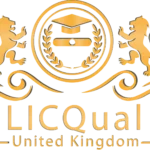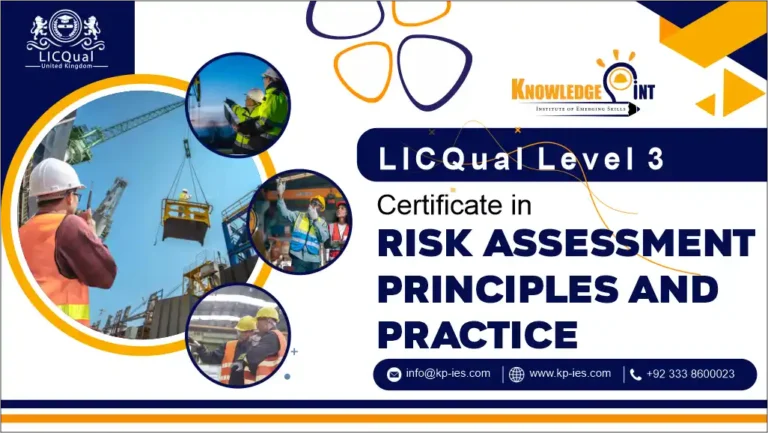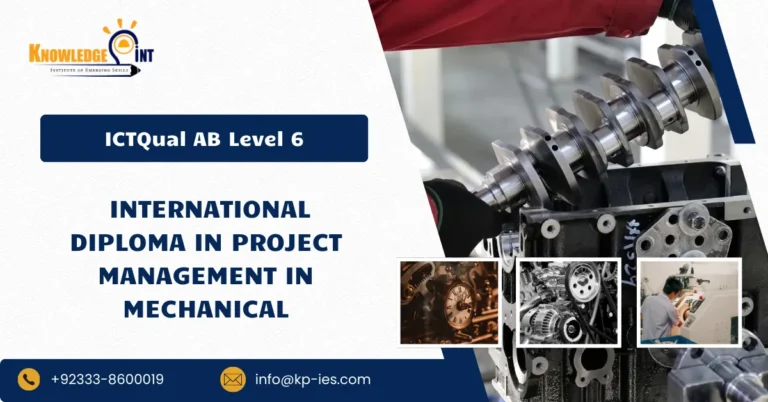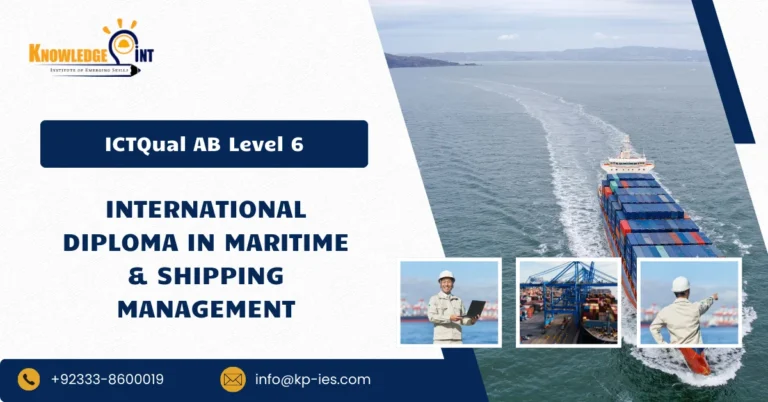LICQual Level 2 Award
Chemical Spill Control
Awarding Body
LICQual
Credits
06 Credits
Course
Occupational Health and Safety
study mode
Online Learning
Course overview
The LICQual Level 2 Award in Chemical Spill Control is a specialised professional qualification designed to provide learners with essential knowledge and practical skills to manage chemical spills safely and effectively across various industries. This award focuses on understanding the types of chemicals, their hazards, and the environmental and health risks associated with accidental releases. Learners gain a solid foundation in hazard recognition, risk assessment, and the importance of prompt and safe spill response to protect personnel, property, and the environment.
Through this programme, participants develop both theoretical understanding and practical competence in chemical spill management. The course covers key topics such as containment techniques, spill response procedures, the use of appropriate personal protective equipment (PPE), neutralisation methods, and safe disposal of hazardous substances. Learners also explore emergency planning, environmental regulations, and workplace safety protocols to ensure incidents are managed systematically and effectively. Emphasis is placed on maintaining operational continuity while minimising risks to health and the environment.
The LICQual Level 2 Award in Chemical Spill Control is ideal for safety officers, supervisors, operational staff, and industrial personnel who may encounter chemical hazards. On completion, learners are equipped to assess spill risks, implement containment and clean-up measures, and support organisational safety initiatives. This qualification enhances workplace safety awareness, ensures regulatory compliance, and helps organisations prevent accidents and environmental contamination due to chemical spills.

Approved Training centre of LICQual Uk
Centre # : ATC24002

Entry Requirments
Entry Requirements for the LICQual Level 2 Award in Chemical Spill Control:
- Educational Qualifications:No formal academic qualifications are required to enrol.Basic literacy and numeracy skills are recommended to understand course materials and complete assessments.
- Professional Experience:Suitable for individuals working, or intending to work, in roles where chemical handling or spill response may be required, such as industrial, laboratory, or manufacturing environments.
- English Language Proficiency:Since the program is delivered in English, learners must show competence in reading, writing, and communication.
Course structure
The LICQual Level 2 Award in Chemical Spill Control in Personal Protective Equipment qualification consists of 7 mandatory units.




